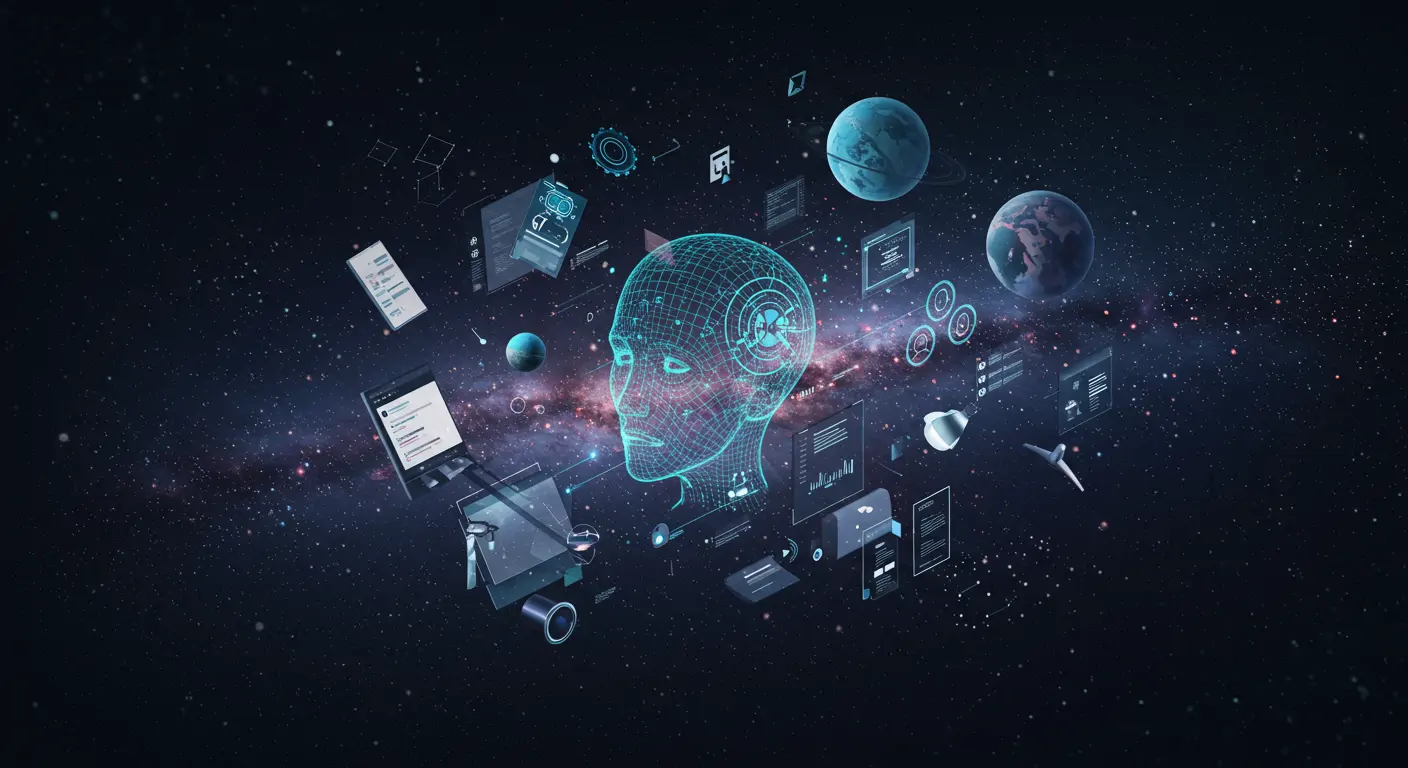Introduction: Why This Matters Now
In 2025, AI agent frameworks are revolutionizing automation like never before. According to a recent Gartner report, the adoption of AI agents in automation processes rose from 25% in 2024 to 45% in 2025, signaling a major shift in how businesses operate. This trend is reshaping industries by optimizing efficiency and reducing operational costs. Companies across finance, healthcare, and manufacturing are feeling the impact, as they seek new ways to leverage AI agents to remain competitive. Estimated read time: 10 minutes
The Current State: What's Happening Right Now
AI agent frameworks have rapidly evolved in the past year. In March 2025, Microsoft launched 'AgentBot', a framework that reduced customer service response times by 60% in pilot projects with major retailers like Best Buy. Meanwhile, Google's 'AI Suite' achieved a 40% operational cost reduction for logistics firms such as DHL. The market size for AI agent frameworks is projected to reach $9.5 billion by the end of 2025, propelled by demand from tech giants and startups alike. Traditional automation approaches, reliant on static scripts and manual inputs, are failing to keep up with the dynamic adaptability of AI-driven solutions.
Key Drivers: What's Fueling This Trend
Driver 1: Advancements in Natural Language Processing
With breakthroughs in NLP, AI agents can now understand and respond to complex human queries with 98% accuracy, as demonstrated by OpenAI's latest models. This capability is crucial for enhancing customer interaction and personalized services.
Driver 2: Economic Pressure to Increase Efficiency
Faced with economic uncertainties, companies are under pressure to optimize operations. AI agents offer a solution by automating routine tasks, leading to efficiency gains of up to 30%, as seen in recent case studies from the banking sector.
Driver 3: Technological Maturity
Cloud-based AI solutions have matured, providing scalable and cost-effective frameworks that are accessible to businesses of all sizes. AWS's 'AI Connect' reported a 250% increase in user adoption from small to medium enterprises within 2025.
Caption: Data visualization of AI agent framework market growth
Real-World Impact & Case Studies
Case Study 1: Amazon
- Implemented AI agents in customer service
- Reduced handling time by 50%, increasing customer satisfaction by 20%
- Lesson: Integration of AI frameworks can dramatically enhance CX with reduced operational costs
Case Study 2: Pfizer
- Deployed AI agents for drug discovery
- Accelerated discovery processes by 40%, launching new drugs faster
- Lesson: AI agents expedite R&D by reducing time-to-market for pharmaceuticals
Industry Implications
For Developers
- Learn AI agent programming interfaces
- Opportunities in AI-driven software development
For Businesses
- Incorporate AI frameworks for operational excellence
- Achieve competitive edges with faster service delivery
For Investors
- High growth potential in AI-driven sectors
- Consideration of technological adoption risks
Challenges & Criticisms
Despite the promises, AI agent frameworks face skepticism. Critics argue that over-reliance on automation could lead to job displacement. A 2025 survey by IEEE found 35% of IT professionals concerned about job security due to automation. Moreover, security vulnerabilities in AI systems pose significant risks, as demonstrated by data breaches in early 2025 affecting financial institutions.
Future Outlook: What's Next
In the short term, expect further integration of AI agents in sectors like retail and healthcare. By 2026, these frameworks could become standard practice, with integration rates surpassing 60% globally. Long-term, AI agents have the potential to redefine industry benchmarks, as businesses increasingly pursue AI-driven innovations.
Frequently Asked Questions
- What are AI agent frameworks? Structured software that automates complex tasks using AI.
- How do they differ from traditional automation? They offer dynamic adaptability and real-time decision-making.
- What industries benefit the most? Primarily finance, healthcare, and logistics.
- Are there any significant barriers to adoption? Yes, including cost and security concerns.
Conclusion: Key Takeaways
- AI agent frameworks are transforming automation, offering efficiency and cost benefits.
- Advancements in NLP and cloud technologies are key drivers.
- While promising, challenges such as job displacement and security risks must be addressed.
- Stakeholders should prepare by investing in AI education and secure frameworks.
For further insights, explore industry reports and case studies on AI adoption.




